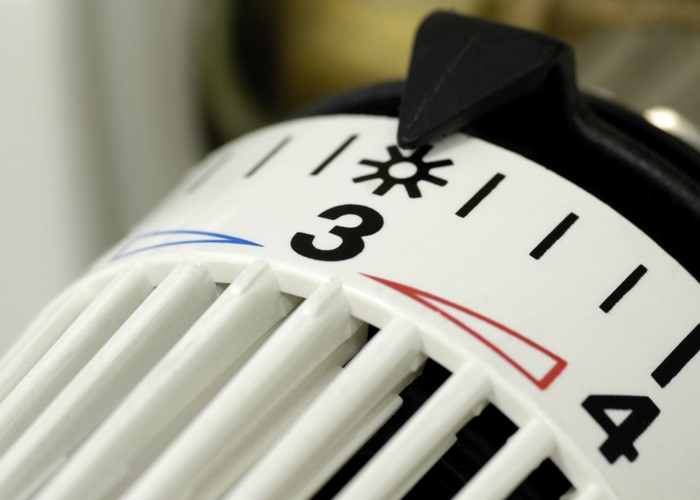Ways to pay for energy efficiency improvements

If you're thinking about some measures to improve your home's energy efficiency, here are some ideas on how to spread the cost.
Making your home more energy efficient can be an expensive business, but the longer-term savings on your energy bills could well make it worthwhile.
You can opt to have the work carried out as part of a Green Deal even if you don’t take out Green Deal finance. This could be the cheapest way to get the improvements done, particularly if you can take advantage of the cashback that is currently on offer.
If you don’t want to use your savings or don’t have any, here are some ways to spread the cost of those improvements.
Green Deal finance
The basic premise of Green Deal finance is the cost of any energy efficient improvements you make are paid back via your electricity bill (the repayments include interest charges of around 7%-9%).
However, the cost works on a ‘Golden Rule’. This says that the cost of the works must not exceed the savings you’ll make on your energy bills. So, in effect, the works are cost neutral. You can find out more in The Green Deal explained.
A personal loan
Depending on your credit rating, personal loan rates can be cheaper than using Green Deal finance. Shop around using a comparison site to see who’s offering the lowest rates, but make sure you look at the total amount repayable as well.
If you have the option of using a pre-check facility to see if you will be accepted, take advantage as you then won’t make a potentially wasted application which will show on your credit report.
Remortgaging
You could increase the size of your mortgage and use the money you’ve released to pay for your improvements. This could be a good move if your interest rate is fairly low, but bear in mind what might happen if rates were to rise in the future. Be sure you could afford your monthly repayments.
A 0% purchases credit card
You could spread the cost interest free with a 0% purchases credit card, but these cards don’t generally offer a) long to pay off your spending and b) a high credit limit. So while one might be suitable if you’re only making smaller improvements, it probably won’t work for larger-scale works.
Make sure you can afford the monthly repayments and you’re able to pay off the balance by the time the interest-free period ends, otherwise you’ll be charged interest.
Compare 0% purchases credit cards
Renewable Heat Premium Payment
This is a one-off grant of up to £2,300 to help towards the cost of renewable energy measures such as biomass boilers, solar thermal hot water systems and air-to-water heat pumps.
There is one scheme for England, Scotland and Wales, which you can find out more about on the Energy Saving Trust website, and one for Northern Ireland, which is explained on the DETI website.
Home Energy Scotland Renewables Loan Scheme (Scotland only)
The Scottish Government is offering interest-free loans of up to £10,000 to homeowners who want to either install a renewable energy system, such as solar photovoltaic panels or a biomass boiler, or connect to a district heating system powered by renewable energy.
This scheme is primarily aimed at people on low incomes. For more information, go to the Energy Saving Trust website.
Local authority grants
Your local authority may be able to offer a grant for certain energy efficiency measures.
If you’re on a low income and benefits
If you're on a low income and you receive certain qualifying benefits, such as Income Support or Pension Credit, you may be eligible for free energy efficiency improvement measures such as cavity wall insulation or a new boiler. Find out more in How to get free cavity wall and loft insulation and How to get your boiler repaired or replaced for free.
See if you can switch supplier and save on your energy bills
More on energy bills
Ten ways to save on energy
How to switch energy supplier
How gas and electricity bills are calculated
Where to get help with paying your energy bills
Comments
Be the first to comment
Do you want to comment on this article? You need to be signed in for this feature